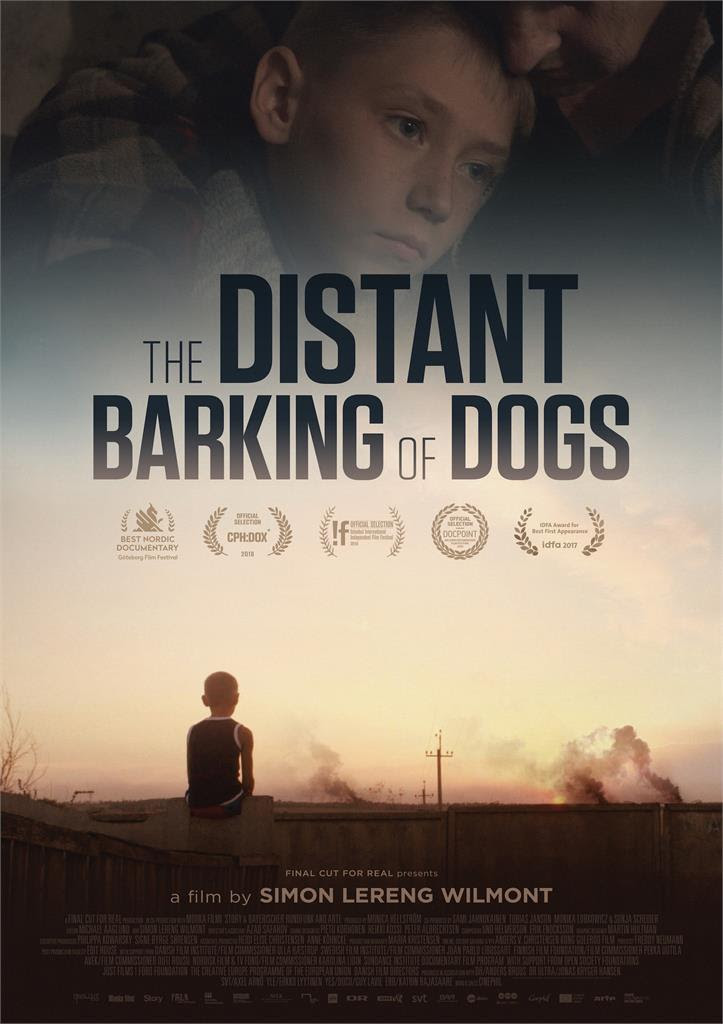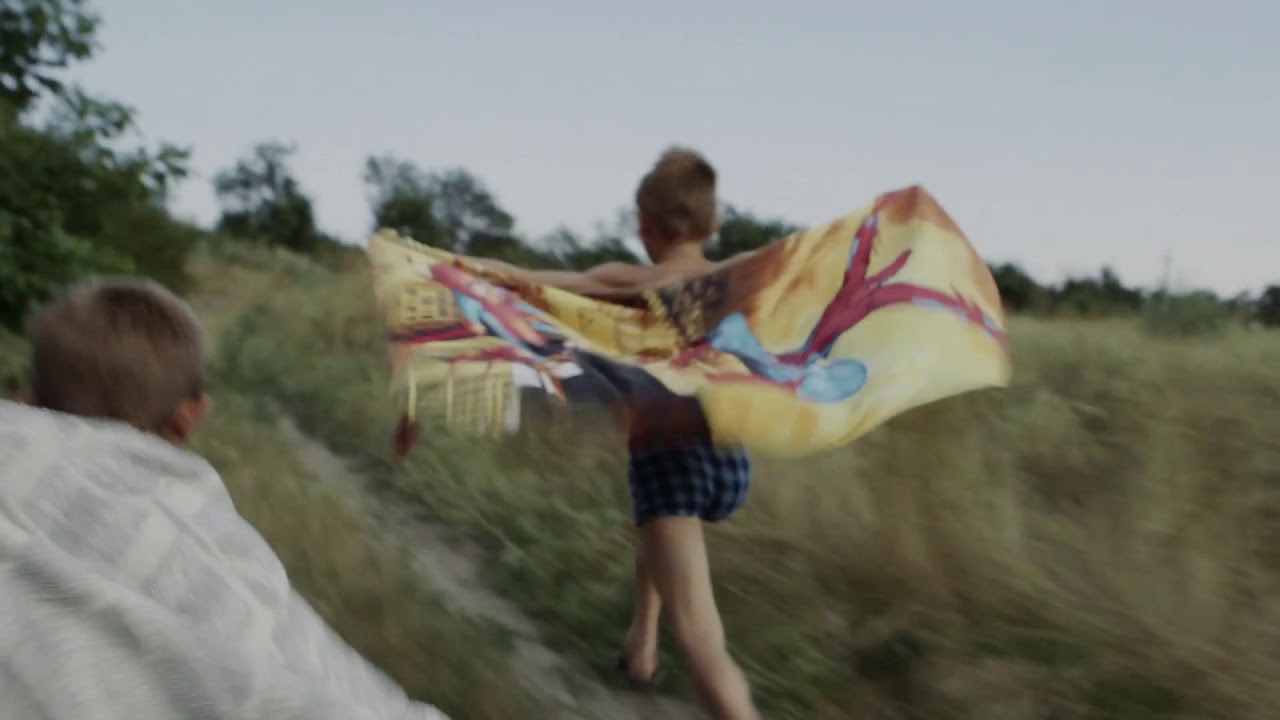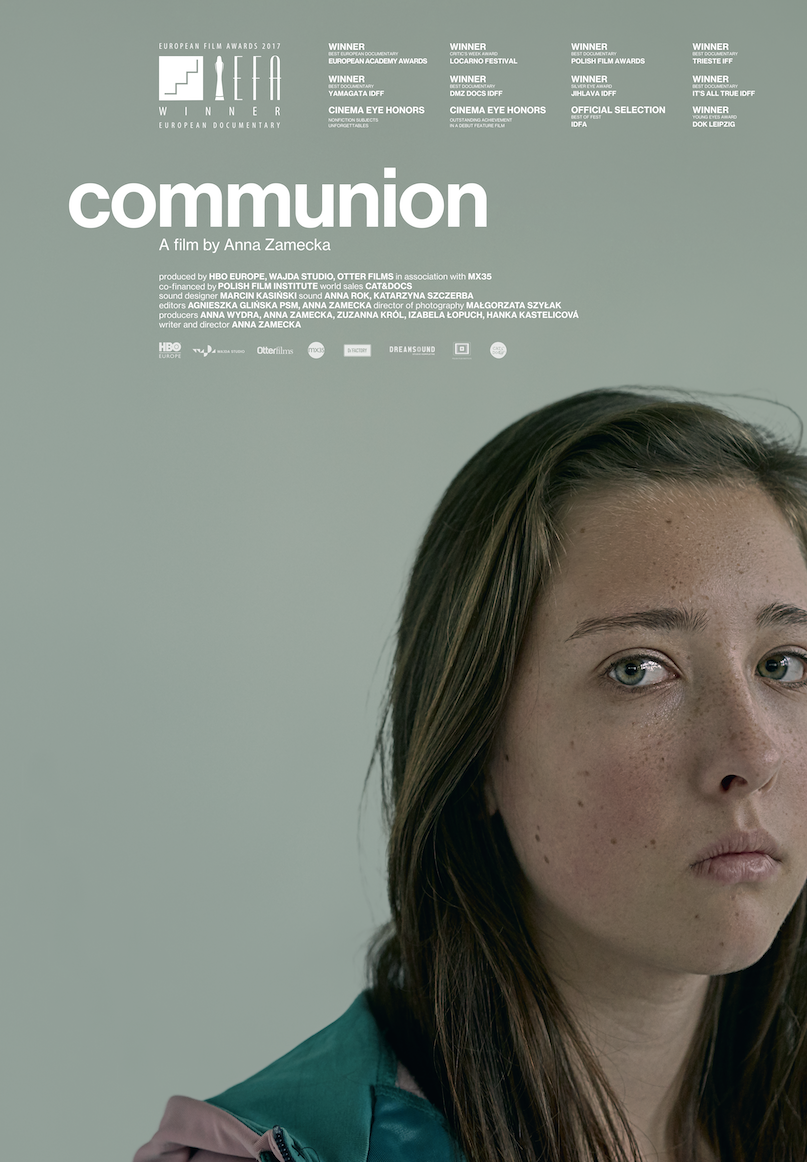By Glenn Dunks
 The Academy’s documentary shortlist often throws up a few left of field choices – titles that really do earn their primary flutter of American attention simply by being chosen among the 15-wide selection. A 2018 rule change for the category no doubt helped two such films from Europe, austere portraits of youth that are among the shortlist’s most accomplished albeit small scale choices.
The Academy’s documentary shortlist often throws up a few left of field choices – titles that really do earn their primary flutter of American attention simply by being chosen among the 15-wide selection. A 2018 rule change for the category no doubt helped two such films from Europe, austere portraits of youth that are among the shortlist’s most accomplished albeit small scale choices.
The Distant Barking of Dogs was the most unexpected addition this year and was for me the title that I was most happiest to see. It is, after all, the best work of contemporary non-fiction that I saw all year (give or take a Yours in Sisterhood, which will hopefully appear on next year’s eligibility). It is a film that took me completely by surprise when I used it to fill a vacant morning slot at the Sydney Film Festival in May of last year thinking if nothing else I could at least nap. Lo and behold, this remarkable film from the rural warzone of Ukraine has lingered with me longer than probably any other documentary of 2018...
Danish filmmaker Simon Lering Wilmont makes a captivating international breakthrough here, buoyed by the luck he was able to strike by capturing his subjects at one of their most dramatically crucial of moments. Nestled among Eastern Ukraine’s war-front lives a woman and her grandson, together after the death of the ten-year-old boy’s mother. Alexandra and Oleg prove a wonderful on-screen pair, their relationship unfolding with tenderness and poignancy amid the terror of war that surrounds them. If you thought the nanna from Loveless was grotesque, then Alexandra is here to soothe you. But unfortunately Oleg is an age where the innocence of childhood is beginning to erode and the toxicity of masculinity is beginning to bloom – much to his grandmother’s dismay.

Oleg is seen bearing his emotions quite easily as many children are capable of doing, but his association with an older boy within the vacuum of their small village (most of the townspeople have fled), the influence of a culture that prizes dominating strength over sensitivity, the tantalizing appeal of war, and the increasing hormones of youth are colluding to tear him away from his grandmother. She chastises him for the use of a gun on a defenceless animal, afraid that their impeccable bond is slipping as she realizes there will come a day where she can no longer protect him from the villainy of the world. It’s portrayal of a young man on the precipice of a distinctly defined societal change is one of the most affecting that I have seen in many years and evoked memories of, say, Gus Van Sant’s Paranoid Park in the way the grey of the world seems to inevitably swirling around a young boy and conspiring to change them for the worse.
 If the sense of inevitability around Oleg's eventual succumbing to the ills of brute masculinity are hard to bear, then that same sense of crushing defeat charging towards youth like a locomotive is also tragically shown in Amma Zamecka’s Communion. Polish teenager Ola lives with her father and younger brother, struggling to cope with his depression and drinking as well as her brother’s Asperger’s, her social life, a social worker who threatens to take her away, and a mother who has left to have another child with another man. She struggles with the domestic duties required of her as the only female in her cramped apartment while also assisting her brother learn everything he must in order to receive the Holy Communion.
If the sense of inevitability around Oleg's eventual succumbing to the ills of brute masculinity are hard to bear, then that same sense of crushing defeat charging towards youth like a locomotive is also tragically shown in Amma Zamecka’s Communion. Polish teenager Ola lives with her father and younger brother, struggling to cope with his depression and drinking as well as her brother’s Asperger’s, her social life, a social worker who threatens to take her away, and a mother who has left to have another child with another man. She struggles with the domestic duties required of her as the only female in her cramped apartment while also assisting her brother learn everything he must in order to receive the Holy Communion.
Perhaps selfishly, Ola plans to use Nikodem’s communion ceremony as a means of reuniting her parents. Obviously, things aren’t going to go smoothly, but watching Ola’s face throughout her emotionally testing ordeal of familial squabbles, hormonal outrage and the weight of being the responsible one of the house at just age 14 is a powerful experience. At only 70 minutes long, Communion is thankfully brief in its stay and yet no less consuming throughout. It’s very much a chance to check one’s privilege as the threats begin to fray on her wellbeing.
Sequences between Ola and her mother, Magda, put plainly the realities of being a woman in the lower class of Poland. The tragedy of Ola is that her fate appears to be all but sealed to recreate the life of her mother just as so many other girls are. Zamecka’s film, a wash of drab colours only briefly interrupted with the joy to be found in a summer dress, plays like an even darker and more distressing version of Eighth Grade where there appears little hope of a happy ending yet nonetheless reveals the strength of kids through adversity and the necessity for at least a glimmer of hope.
Release: Both are having limited releases and special awards season screenings now in the new year. Dogs is playing in LA, Santa Monica and Pasadena and has an upcoming screening at NYC's IFC Center on the 12th of Jan with the director and subjects in attendance. Likewise, Communion is playing in a few places and will travel to about a dozen cities as a part of the documentary shortlist screening program (I can't seem to find confirmation about Dogs' participation in that).
Oscar Chances: Communion probably more so than Dogs. The latter has Sean Penn campaigning for it if that means anything to them. I suspect this year they will both miss out, unfortunately, but hopefully the mere fact that they made it to the shortlist hopefully means some people will seek them out. However, maybe in a year of safer choices/box office hits, their point of view will stand out more?